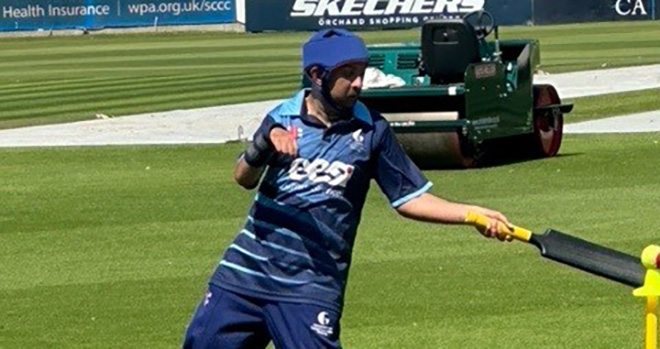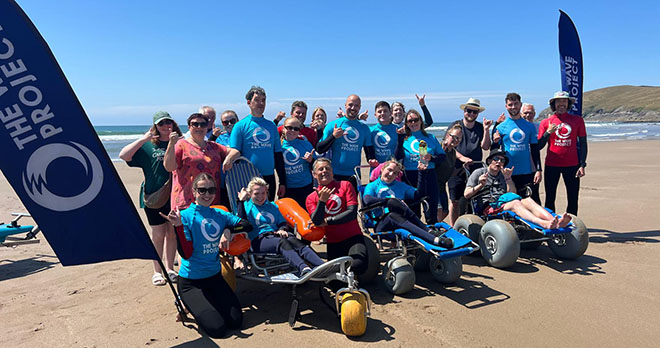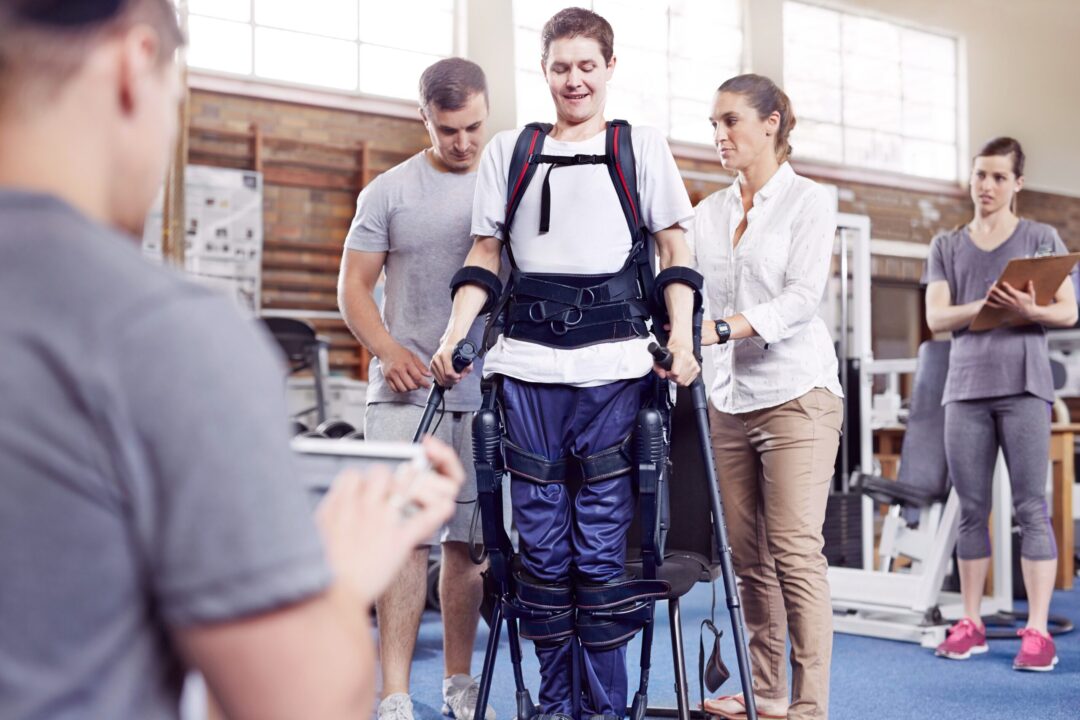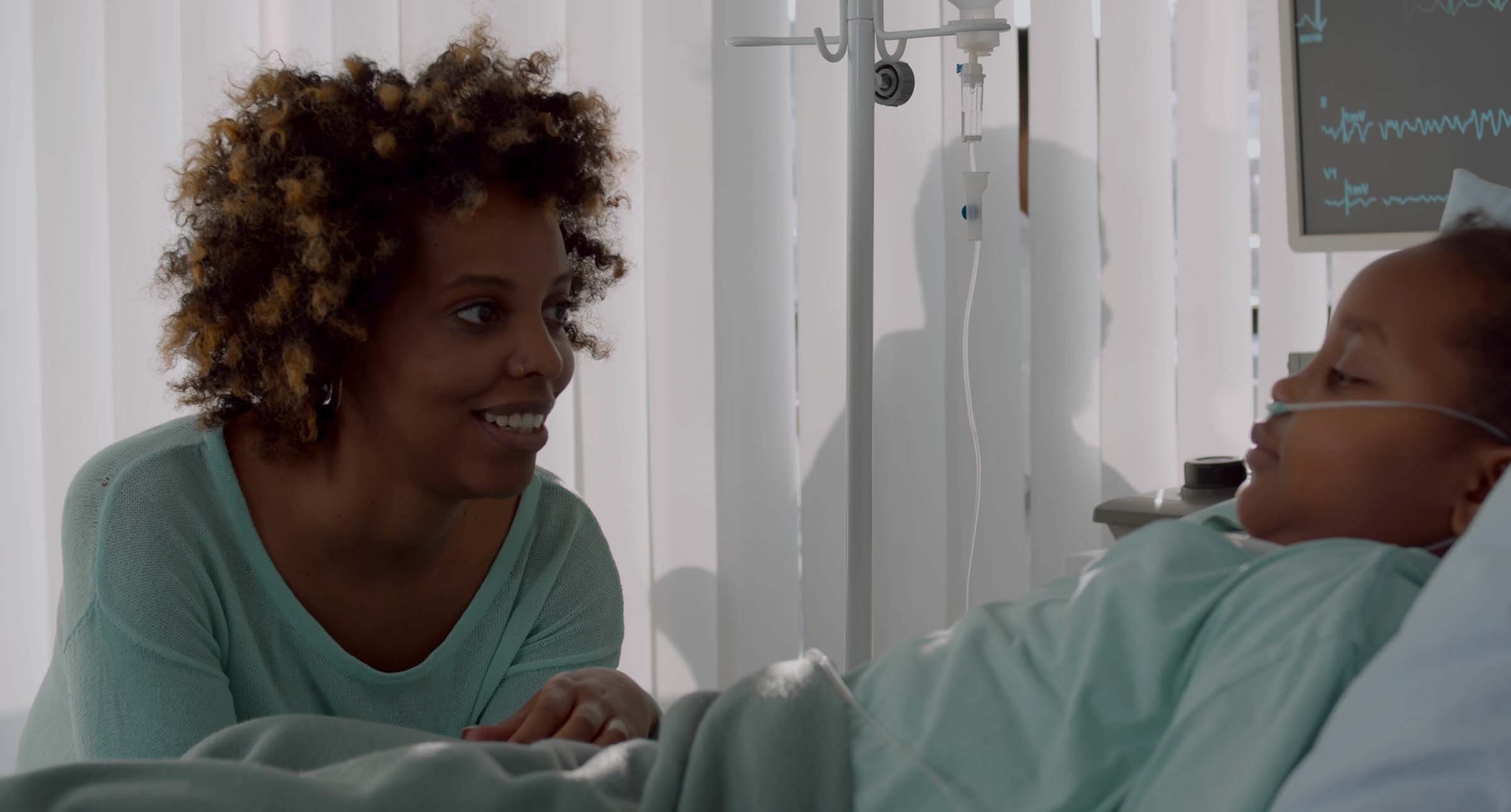Brain Aneurysms – What you need to know.
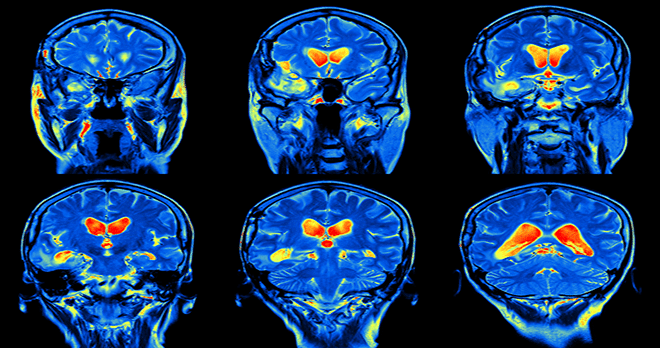
As a UK Top 100 Law Firm specialising in brain injury, we realise the impact that sharing our knowledge can have on individuals and families whose lives have been impacted by brain injury.
Although the impact of a brain aneurysm is unique to the individual and their family, below are some answers to some of the questions are team are frequently asked.
We hope by sharing this information we are able to raise awareness, help prevent delays in spotting signs of an aneurysm, and assist in signposting people towards essential support.
What is a brain aneurysm?
A brain aneurysm is a bulge in a blood vessel caused by a weakness in the blood vessel wall (usually where it branches).
As blood passes through the weakened blood vessel, the blood pressure causes a small area to bulge outwards like a balloon.
Aneurysms can develop in any blood vessel in the body, but the two most common places are the abdominal aorta (the artery that transports blood away from the heart to the rest of the body) and the brain
What are the symptoms of a brain aneurysm?
Common symptoms of a brain aneurysm include (but are not limited to):
- A sudden agonising headache – it’s been described as feeling like a hit on the head or a ‘thunderclap’, resulting in a blinding pain
- A stiff neck
- Sickness and vomiting
- Pain when looking at lights
What are the causes and risk factors for a brain aneurysm?
Exactly what causes the wall of affected blood vessels to weaken is still unclear, although a number of risk factors have been identified.
These include:
- Smoking
- High blood pressure
- A family history of brain aneurysms
- A weakness in the walls of the blood vessels developed at birth.
How is a brain aneurysm diagnosed?
A brain scan will usually be carried out when a brain aneurysm is suspected. This is usually in the form of one or more of the following:
- A magnetic resonance imaging (MRI) scan – This provides detailed images of the brain using strong magnetic fields and radio waves
- A computerised tomography (CT) scan – This uses a number of X-rays that are assembled in 3D
- A lumbar puncture may also be performed should the CT scan prove negative but a ruptured aneurysm is strongly suggested by the symptoms.
How are brain aneurysms treated?
If a brain aneurysm is detected before it ruptures, treatment may be recommended to prevent it rupturing in future.
Most aneurysms do not rupture, so treatment is only carried out if the risk of a rupture is particularly high.
Factors that affect whether treatment is recommended include:
- Your age
- Size and position of the aneurysm
- Family medical history
- Pre-existing health conditions
If treatment is recommended, this usually involves either filling the aneurysm with tiny metal coils (coiling) or performing an open operation to seal the aneurysm shut with a tiny metal clip (surgical clipping).
The same techniques used to prevent ruptures are also used to treat brain aneurysms that have already ruptured.
If the risk of a rupture is low, the individual will have regular check-ups to monitor their aneurysm. They may also be given medicine to reduce their blood pressure, and advice about ways to reduce the chances of a rupture, such as stopping smoking if they smoke.
How do you help prevent brain aneurysms?
The best way to prevent getting an aneurysm, or reduce the risk of an aneurysm growing and possibly rupturing, is to avoid activities that could damage your blood vessels.
Things to avoid include:
- Smoking
- Eating a high-fat diet
- Not controlling high blood pressure
- Being overweight or obese
What is brain aneurysm negligence?
If you have experienced avoidable harm during your brain aneurysm treatment either by delays in diagnosis or treatment or during the treatment itself – then you could have experienced brain aneurysm negligence, and may be entitled to compensation.
Some of the most common causes of brain aneurysm negligence include:
- Delays when diagnosing a brain aneurysm
- Delays in treating a brain aneurysm
- Surgery not being performed in a reasonable period of time
Looking for advice and support?
Our team of brain injury and clinical negligence experts are here to help. Make sure you have all the necessary support and advice from an expert team of brain injury lawyers who understand what you are going through.





















